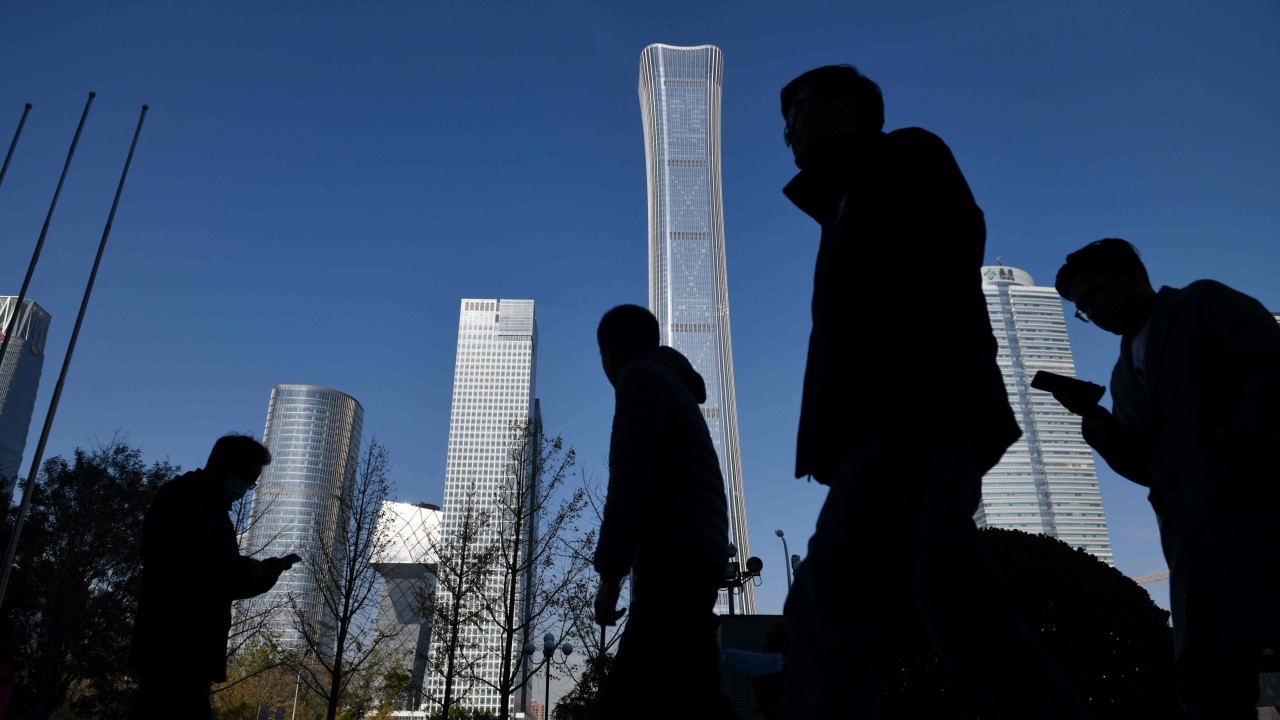
China has revised its fair-competition review system that aims to curb monopolies and widen market access, in another attempt to shore up investor confidence at a time when the nation is struggling to grease the wheels of domestic demand.
The updated version of China’s fair-competition regulations, to take effect on August 1, stipulates that there should be no restrictions to market entry nor exit, nor on the free flow of goods or business operations, according to a State Council announcement on Thursday night.
However, exemptions from the amendments could be made in specific situations that “defend national security and development; boost science and technology advancement; strengthen innovation; help with environmental protection and energy efficiency; or are for disaster relief and in the public interest”.
The new standards will be part of the fair-competition-review system, first introduced in 2016, and local governments have also been newly given the authority to conduct self-reviews and make amendments under the latest announcement.
“It is necessary to introduce regulations for fair-competition reviews to implement details of fair competition and anti-monopoly laws and systems,” said the official statement, attributed to an unnamed spokesperson for the Ministry of Justice and the State Administration for Market Regulation.
Problems regarding discriminatory market practices for private enterprises … still exist
China has taken a range of steps regarding anticompetitive market behaviour against the backdrop of slowing economic growth and intensifying economic tensions with the West. Meanwhile, private and foreign investors have for years been voicing concerns over unfair competition from state-owned enterprises.
“The fair-competition-review system has faced certain challenges during its implementation. Some policies have not taken into account the requirements of the system in areas such as market access, government procurements, and subsidy allocation,” the statement said. “Problems regarding discriminatory market practices for private enterprises, local protectionism, and restrictions on certain industries still exist.”
China’s previous efforts to shore up anti-monopoly efforts included setting up the State Administration for Market Regulation in 2018 and introducing an update to the Anti-Monopoly Law in 2022. The revision in 2022, however, was seen by critics as tightening Beijing’s grip on China’s fast-growing tech sector, as it came at a time when central authorities had kicked off an antitrust investigation and fined some of its biggest tech companies for violations of the law.
Meanwhile, private and foreign investors continue to voice concerns over unfair competition while calling for the removal of market barriers, including the ratio of foreign shares permitted in sectors such as the automobile industry.

